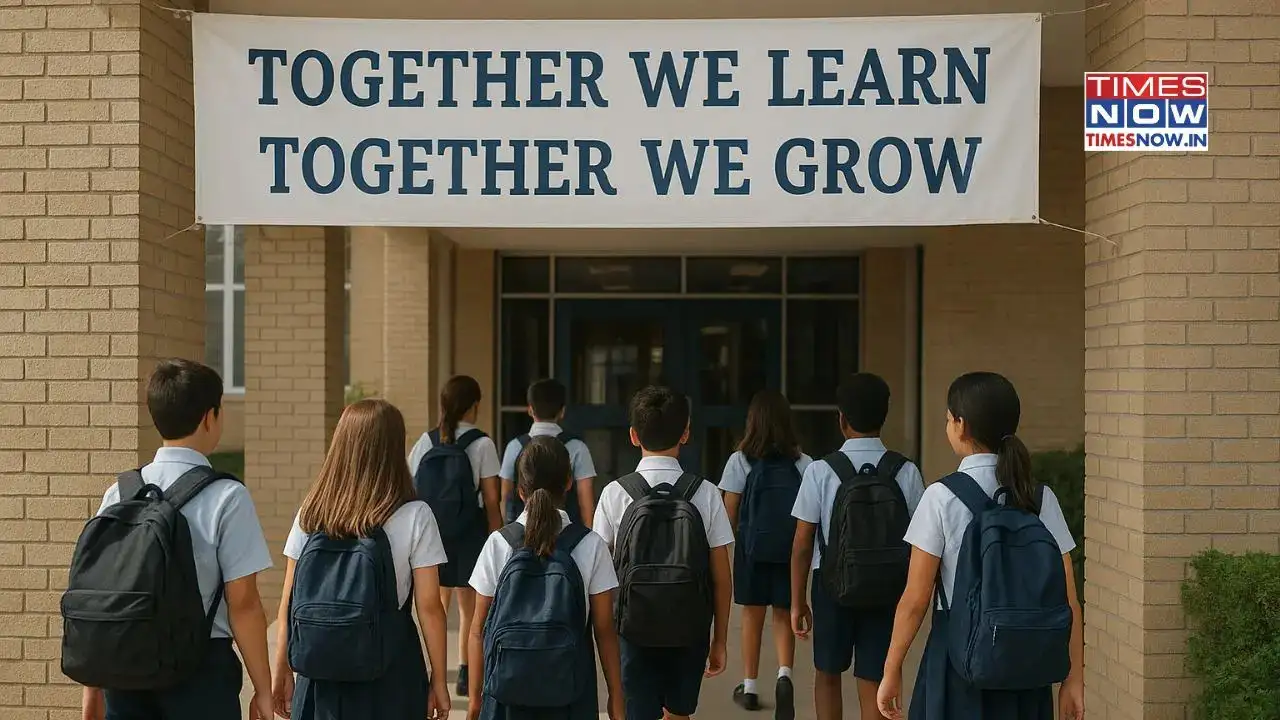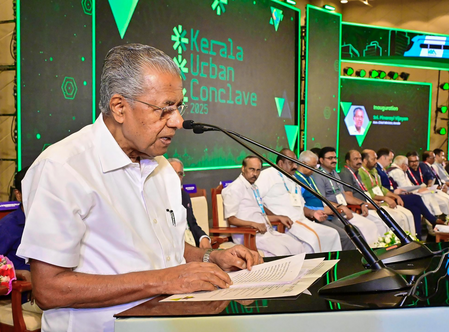Copyright timesnownews

The Maharashtra government has announced the closure of all single-gender schools, directing them to transition into co-educational institutions. Backed by the Bombay High Court, the move aims to foster equality, mutual respect, and stronger social skills among students. Schools that previously operated separately for boys and girls, even on the same premises, must now merge. According to the UDISE+ 2024–25 report, India has 14.71 lakh schools and 24.69 crore students, with 97.4 percent already co-educational. Only about 26,000 girls-only and 11,000 boys-only schools remain, showing gender-specific education now represents a very small share of India’s vast system. Times Now Digital spoke to students, parents, and experts to understand how this transition is being received. Safety and Parental Concerns: Co-ed vs Single-Gender Schools Safety remains one of the biggest concerns for parents. Khushi Kishore, an alumna of an all-girls school in Bihar, says her parents found peace of mind knowing their daughters were in a safe, distraction-free environment. However, Delhi parent Rishav Shrivastava disagrees. “Girls meet men everywhere-buses, classes, lifts-so why shield them from boys at school? Co-ed schools are among the safest spaces,” he argues. Psychologist Amit Batra adds, “Parents feel relaxed in all-girls schools assuming safety, but is that really preparing students for the real world?” Experts believe well-managed co-ed schools can balance safety and exposure, teaching students confidence, respect, and healthy boundaries. Friendships, Comfort, and Discipline: The Perks of Single-Gender Schools Friendships and comfort often form differently in gender-specific schools. Satyam, an alumnus of a boys’ Sainik School, recalls, “In a boys’ school, life was fun—full of brotherhood, games, and debates, with no awkwardness.” For girls, the environment brings solidarity. Annapurna Tulsyan agrees with Satyam and saus that in girls school there was no judgment, just understanding.” Teacher Chhavi Parashar, from an all-girls ICSE school, says, “Girls’ school students are among the boldest and most disciplined people I’ve met.” Yet, co-ed school alumnus Nikhil Bharati points out that boys’ school students can be too shy or too outspoken. Are Co-ed Schools Distracting? The debate on co-education often comes down to distractions. Teacher Chhavi Parashar believes, “From love letters to flings, students in co-ed setups are highly distracted.” However, Delhi alumna Udisha Sharma disagrees, saying co-ed schools build confidence and mutual respect. Satyam admits his boys’ school helped him stay focused, but the transition to a co-ed college was hard: “It took me almost a year to adjust.” Annapurna believes that the girls' school setup should never be shut down. However, experts say both setups have their strengths. Classroom Dynamics: Gender and Participation According to Maharashtra principal Jyothi Malhotra, gender doesn’t affect thinking or participation but can enrich classroom discussions. “Gender-based perspectives add depth in topics like war, poetry, or discrimination,” she says. Co-ed classrooms, she believes, help students appreciate diverse viewpoints, something harder to achieve in gender-segregated spaces. Experts believe co-ed schools, paired with formal sex education, help students discuss gender, sexuality, and relationships responsibly. Jyothi Malhotra says, “Co-education prepares students for the real world, helping them understand relationships and different points of view.” Life coach Dr. Sujit Paul adds, “Curiosity about the opposite sex is natural. Proper guidance helps students learn respect, boundaries, and maturity.” Is Co-education the Future of Indian Schools? While co-ed schooling promotes gender equality, experts caution it cannot be a one-size-fits-all policy. Teacher Chhavi Parashar says, “It can be co-ed, but not just for the sake of it. Some institutions have their own traditions that should be respected.” Shobhit Kumar, who studied in both school types, says, “It’s 2025—there’s no logic in gender-specific schools. Co-ed teaching is friendlier and more balanced.” Yashwardhan Singh from Chhattisgarh adds, “In a co-ed school, you learn discipline, healthy competition, and confidence while interacting with the opposite gender. Teacher’s Role: Mindset and Management Matter Most Experts agree that a teacher’s mindset defines how students experience co-education. Sakshi Kapoor, a student from Ranchi, recalls how menstruation taboos were handled poorly in her co-ed class. In contrast, Delhi’s Udisha Sharma remembers sessions where boys were sensitised about bodily changes. Life coach Amit Batra stresses, “If we want to progress as a nation, the mindset has to change.” To sum up, teachers are torchbearers- they should ensure equality and gender sensitivity.



